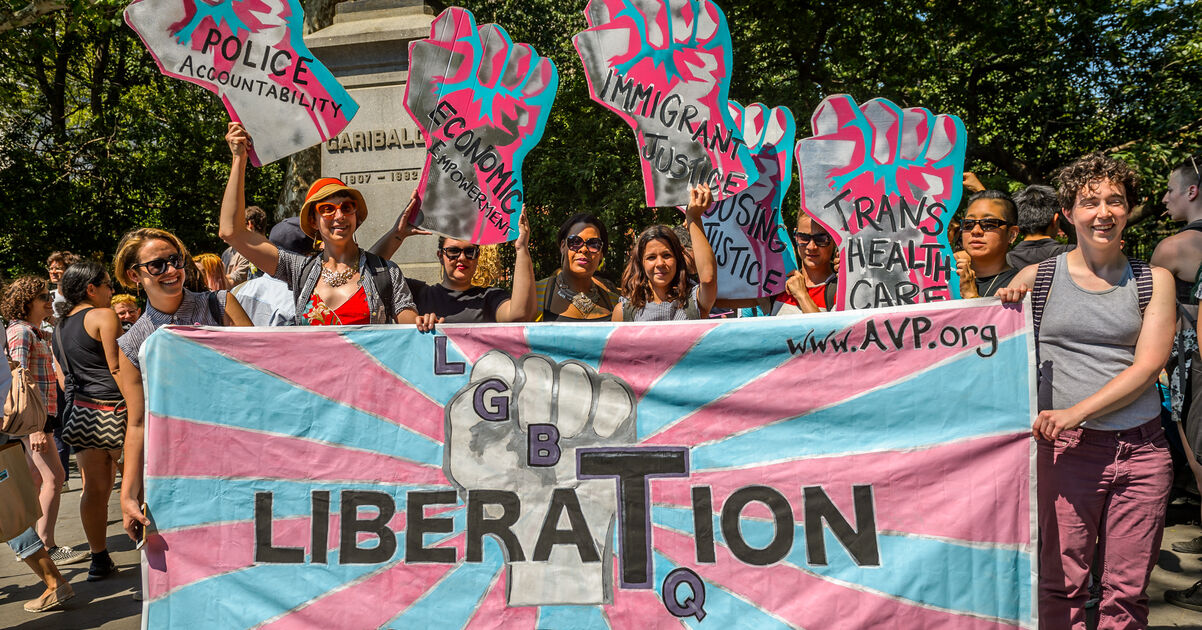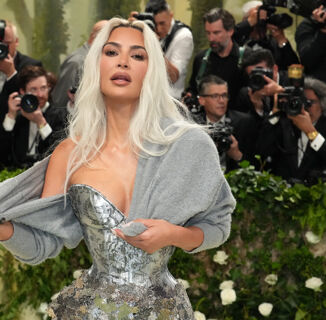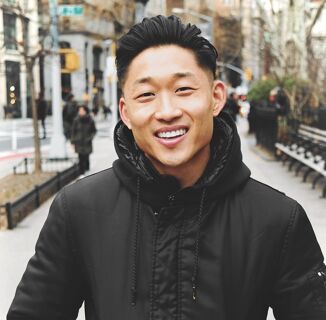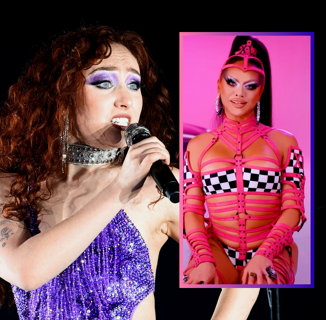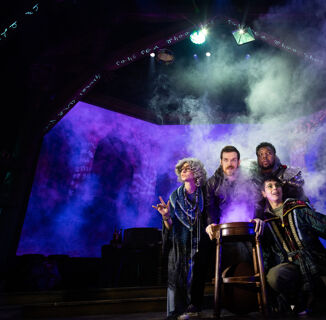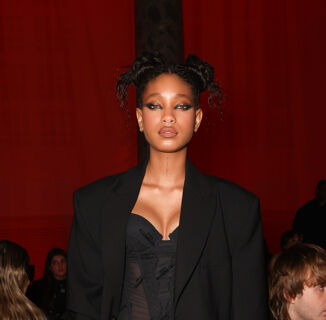Last week was Trans Awareness Week, a time for the spreading of transgender support and information that ends with a reminder of their humanity on Trans Day Of Remembrance. Today, on Trans Day Of Remembrance, we hold vigils and pay homage to those we’ve lost in acts of anti-transgender violence.
Members of the LGBTQ community share love and support for trans people on their social media profiles and amongst their friends. And as a gay male, I found myself looking internally and at our community as a whole over the past week and started to realize something: our trans advocacy sucks.
The LGBTQ movement is far-reaching and extremely important. The intersectionality and diversity of those of us within the rainbow make advocacy a challenging job. However, it seems since Marsha P. Johnson, a black trans woman, threw the first brick at The Stonewall Inn which started the Stonewall riots and led to the beginning of the gay rights movement, trans people have been pushed to the wayside. White cisgender gay men took control of the wheel of the bus and threw trans people right under it.
Presumably, this is because being a white cisgender male at the time was the closest thing the LGBTQ community had to society’s definition of “normal” and were also the people with the most access to power and privilege to make changes for the community as a whole. The problem is they weren’t concerned about the community as a whole, they were concerned about self-preservation.
A lot of the fight for gay rights was initially about the recognition and assimilation of gay people into mainstream culture. LGBTQ people, specifically many white cisgendered men, wanted to be seen as being “just like straight people” and didn’t seek liberation just by the fact that just being people entitled them to their rights and humanity. In a way, many liberation movements of oppressed people have used variations of this tactic, but for the LGBTQ community, it’s particularly harmful because it’s not intersectional, and trans people suffered because of it.
Trans people, as members of the LGBTQ community, have struggled to gain acceptance even from within our own ranks. Transphobia runs rampant and gay men have even launched campaigns to get them removed from the LGBTQ acronym. With this kind of hate from within, it’s no surprise how much trouble trans people have had getting liberated in the outside world.
As gay men, we enjoy a fluidity of our gender expression and regularly support other gay men who profit off of female likeness. We idolize drag queens who play up and make a mockery of gender as a form of protest, but we don’t protest enough in support of those whose gender identity is litigated not only in the court of public opinion but in real courts as well.
We will throw money at, support, and make famous those within our community who temporarily display a hyperbolic change in gender identity for entertainment value, but are reticent to support, befriend, and protect those who live the with the dangers of trans existence every single day. That needs to change. Many of us will post and scream “Trans people are not a burden” in reaction to legislation and words from the President that are transphobic, but how about this: trans people are not a burden because we are the burden on trans people.
As a gay community, our obsession with masculinity and assimilation by defining our worth through its proximity to cisgendered straight people fuels the fire of transphobia. If the best we can come up with in support of the trans community is to say that trans people are “not a burden” aka that trans people are deficit neutral, then for lack of a better word, our trans brothers and sisters are fucked.
It’s simply not enough to stop our argument for them by pointing out that they aren’t a burden on society. We have to be willing take the step further and assert their humanity on the sheer merits that trans people exist. Their trans identity in a world that shows them so much hate is their burden to carry and if helping and supporting trans individuals becomes some sort of perceived burden upon us, it should be one that we are willing to bear with pride.
By existing visibly and losing countless numbers of their lives over the decades, each existing trans person has pushed the meter forward for LGBTQ rights and equality. Trans women, especially those of color, have given their lives over and over again so that gay men can have their precious two groom wedding cake toppers and how do we show them support in return?
By letting people like Roland Emmerich rewrite history in a movie about the gay rights movement that incorrectly features a pretty white cisgendered male throwing the first brick and calling Stonewall a “white event.” This has got to stop or the violence against them never will.
We spend a lot of our time in-fighting and protesting for our beliefs. We’ll take the fight for gay wedding cakes to the supreme court. We will even argue internally for weeks about the rights of QPOC in a gayborhood suffering from serious racism to create a pride rainbow flag with black or brown stripes to reflect the need for change. But we show little to no public outrage over the fact that trans women, particularly trans women of color, are dying at an alarming rate at the hands of transphobic violence.
It’s time we put down the poppers and refocus.
Gay men have accomplished a lot for themselves and the LGBTQ community as a whole, but it’s time we start to help those amongst us whose mere existence has pushed our agenda forward. Being cisgendered men comes with privileges of its own that we can and should be using to show support and encouragement to our trans brothers and sisters. Their lives quite literally depend on it.
If your LGBTQ activism and fight for equality doesn’t include intersectionality and fighting for trans individuals, then you aren’t fighting for equality, you’re fighting for privilege.
Photography:Erik McGregor/Pacific Press/LightRocket via Getty Images
Help make sure LGBTQ+ stories are being told...
We can't rely on mainstream media to tell our stories. That's why we don't lock our articles behind a paywall. Will you support our mission with a contribution today?
Cancel anytime · Proudly LGBTQ+ owned and operated
Read More in Culture
The Latest on INTO
Subscribe to get a twice-weekly dose of queer news, updates, and insights from the INTO team.
in Your Inbox

